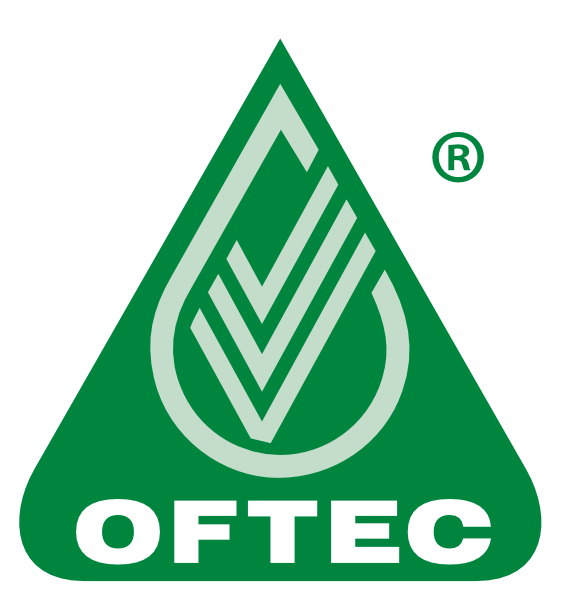According to latest statistics, Northern Ireland is set to face a surge in the number of households in extreme poverty.
The findings by the National Institute of Economic and Social Research (NIESR) predict that all regions in the UK will see extreme poverty rise by more than 10% in the coming year. It is estimated that poverty in Northern Ireland will increase by 67%.
OFTEC, the trade association for the liquid fuel industry, is offering households advice on how to keep homes warm and costs low:
- Only heat the rooms you are using. Turn down individual radiators in rooms you are not using to save money. If you have thermostatic radiator valves these can be lowered to number one for low background heating. Also, in the rooms you use regularly, ensure radiators are not blocked with furniture as this reduces their effectiveness. The temperature in hallways and bedrooms should be cooler, ideally between 15 – 18 °C for persons in good health.
- Turn the thermostat down by one degree. You can reduce your heating bill by up to 10% by lowering your room temperature by just one degree.
- Identify the benefits available to you: The Government has introduced financial help including the Winter Fuel Payment. Those eligible could receive between £100 and £300 to help with heating bills. The deadline to make a claim for winter 2021 to 2022 is 31 March 2022. Search NI Direct for further information.
- Energy Efficiency Upgrade: Check with your local council if you qualify for the Affordable Warmth Scheme that aims to assist those in fuel poverty with boiler replacements/upgrades and insulation measures. In addition, you can review the many grants that are available for energy upgrades as part of the NI Sustainable Energy Programme – this info can be found on the Utility Regulator’ website. Any energy efficiency improvement will reduce heat loss and save you money.
- Speak with your energy provider. Always speak with your distributor and agree a payment plan for your energy needs. We would always recommend you use a Member of the NI Oil Federation as their members have signed up to the Consumer Council’s Customer Charter which gives consumers a vehicle for redress should an issue arise.
OFTEC Ireland Manager, David Blevings said: “Living in a cold home can be both physically and mentally harmful. No one should have to decide between eating or staying warm, but that is the reality that many are now having to choose between.
“We would urge the Government to consider that these are choices currently being faced, as the Decarbonising Heat Consultation approaches. 2022 will be a decisive year that will outline how people will heat their homes going forward in efforts to reach net zero targets by 2050.
“Both the Republic of Ireland and England have actioned plans for decarbonising this sector already. Northern Ireland has the benefit of being in a position that allows us to review and reflect on these approaches.
“In ROI, the Government are offering a grant of up to 50 per cent of a deep retrofit, however the average cost is €56,000, which leaves a large bill for the homeowner to finance, and we don’t see how the savings offered will cover the remaining payments. Similarly, England has offered a £5000 grant towards an air-source heat pump, however the total bill is expected to be between £15,000 and £20,000.
“At a time when households are feeling the pressures of rising costs, it would be unrealistic for the Northern Ireland Government to expect a similar approach to incentivise households to decarbonise.
“Heat pumps and retrofitting will be the right choice for many living in a thermally efficient or recently built house, but for those facing financial difficulties and living in an older, colder home, there must be options considered that won’t leave them behind on the road to net zero.
“Heating oil is currently used in over 500,000 homes in Northern Ireland. A recent analysis by the AECOM engineering company showed that biofuels in home heating could achieve similar emission reductions to retrofitting, but at a much lower cost. The current biofuel being touted as the replacement for kerosene is Hydrotreated Vegetable Oil (HVO) that offers an immediate c.88% reduction in carbon emissions.
“Our message to local Government would be to examine every option available, and to keep low carbon options and no regret pathways on the new Assembly's agenda when considering the heating consultation later this year. A one size fits all approach must be avoided.”
For more information, visit https://www.oftec.org/
